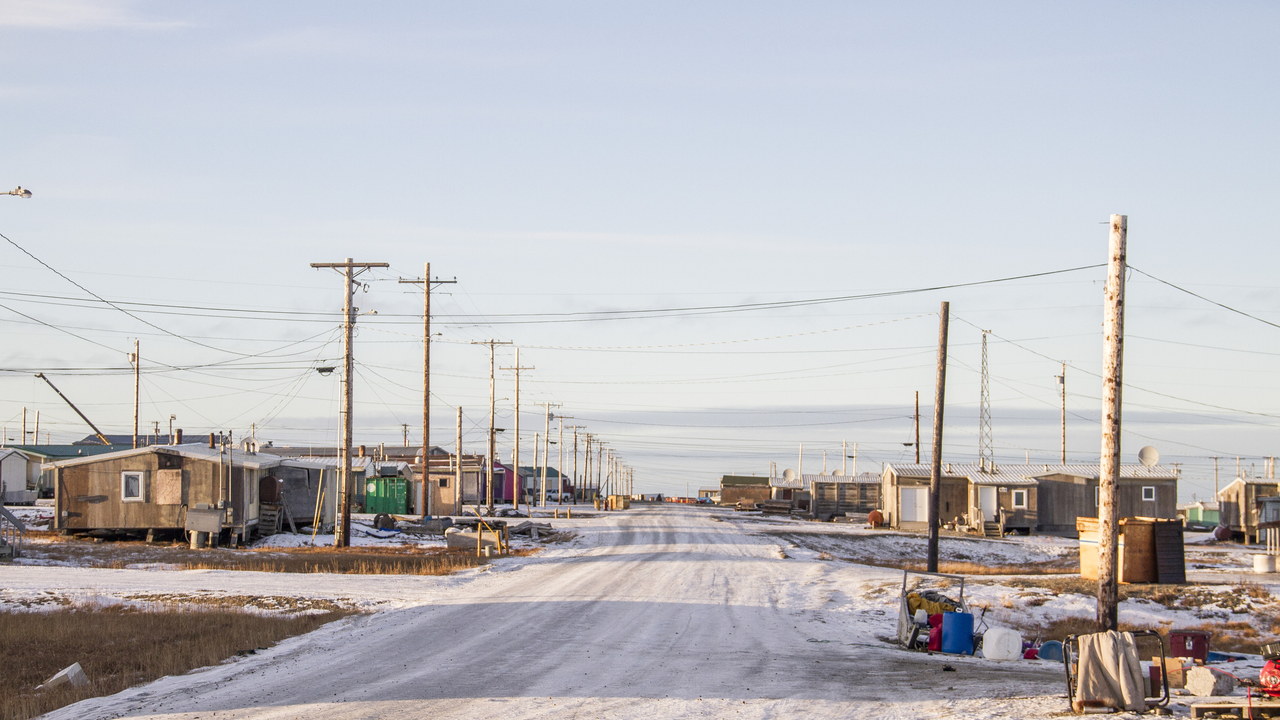
Accelerating action on the digital divide
New report calls on the UN to support Indigenous Data Sovereignty and governance

New report calls on the UN to support Indigenous Data Sovereignty and governance
By Faculty of EnvironmentAll of humanity is impacted by digital ecosystems, but currently 2.9 billion people are excluded from the digital tech world and many more have limited access to reliable internet. In recognition, the United Nation’s has outlined mending this digital divide, expanding access to technology and promoting digital co-operation as areas of focus in the coming decade. Researchers at University of Waterloo are accelerating action on these pressing challenges in ways that uphold human rights.
The WAMPUM Lab partnered with the Collaboratory for Indigenous Data Governance to co-develop a report for the UN to prioritize Indigenous Peoples’ in the digital ecosystem. Their submission indicates principles and actions that can be taken to achieve the goal of an open, free and secure digital future for all.
“Developing global digital equity is necessary to advance societies and should embody a sustained commitment centered not only on human rights but Indigenous Peoples’ rights,” says Kelsey Leonard, professor in the School of Environment, Resources and Sustainability and director of The WAMPUM Lab. “Therefore, this report calls on all UN member states to prioritize supporting Indigenous data sovereignty and governance.”
CARE principles should guide the pursuit of global digital rights
Their report employs the CARE principles, which are well-established within the open data movement. The principles detail that the use of Indigenous data can only occur with the free, prior and informed consent of Indigenous Peoples and should result in tangible benefits for Indigenous Peoples and increase equitable outcomes, improved governance and citizen access and engagement. The framework holds:
Middle school students from Kaktovik, Alaska perfectly illustrate the value of incorporating their knowledge and expertise in digital ecosystems. They invented Kaktovik Numerals to depict the Iñupiaq’s, Alaskan Inuit language, oral counting system built around the human body. Their way of knowing is done by showing, so the development was revolutionary — opening a whole new space in the digital ecosystem. Kaktovik Numerals now appear in Unicode 15.0, the standard world-wide code for text and emojis on devices.
"We must recognize the vital role of Indigenous knowledge and culture in achieving the SDGs," says WAMPUM Lab research associate, Lauren McElroy. "Indigenous Peoples and communities must have a say in how digital commons are defined, created, accessed, and used. We must also ensure that technologies are developed in a way that is equitable, inclusive, culturally appropriate, sustainable, and aligned with Indigenous values and principles."
Focusing on centering Indigenous Peoples will defend and extend global digital rights in important ways, like protecting data and how it’s used, promoting regulation of artificial intelligence, avoiding discrimination and misleading content, and ensuring Peoples’ sovereignty, to name just some of the many benefits.
The submitted report appears alongside over 100 others that will inform the UN’s drafting of the Global Digital Compact next year, the policy agreement world leaders will agree to for establishing a global consensus on digital guidelines.
“We know the Global Digital Compact can be a catalyst for Indigenous data sovereignty, ethical data governance, and interdisciplinary justice action,” said Dr. Leonard.
The CARE Statement for Indigenous Data Sovereignty (PDF) appears on the UN’s submitted inputs to the Global Digital Compact.
About the WAMPUM Lab
The WAMPUM Lab, directed by Dr. Kelsey Leonard, is an Indigenous science lab based at the University of Waterloo. The WAMPUM Lab’s focus is on Indigenous Ocean, Water and Climate justice, striving to illustrate the critical importance of Land and Water in Indigenous Knowledge Systems, and the interconnectedness of environmental protection and Indigenous rights. We are committed to and guided by the principles of reconciliation, respect and reciprocity.

(GettyImages/amriphoto)
Read more
Study reveals changes International Olympic and Paralympic Committees could implement to keep Games viable and safer for athletes

Read more
An ambitious research collaboration with Habitat for Humanity is reimagining home ownership across Waterloo Region and Canada

Read more
Here are the people and events behind some of this year’s most compelling Waterloo stories
The University of Waterloo acknowledges that much of our work takes place on the traditional territory of the Neutral, Anishinaabeg, and Haudenosaunee peoples. Our main campus is situated on the Haldimand Tract, the land granted to the Six Nations that includes six miles on each side of the Grand River. Our active work toward reconciliation takes place across our campuses through research, learning, teaching, and community building, and is co-ordinated within the Office of Indigenous Relations.